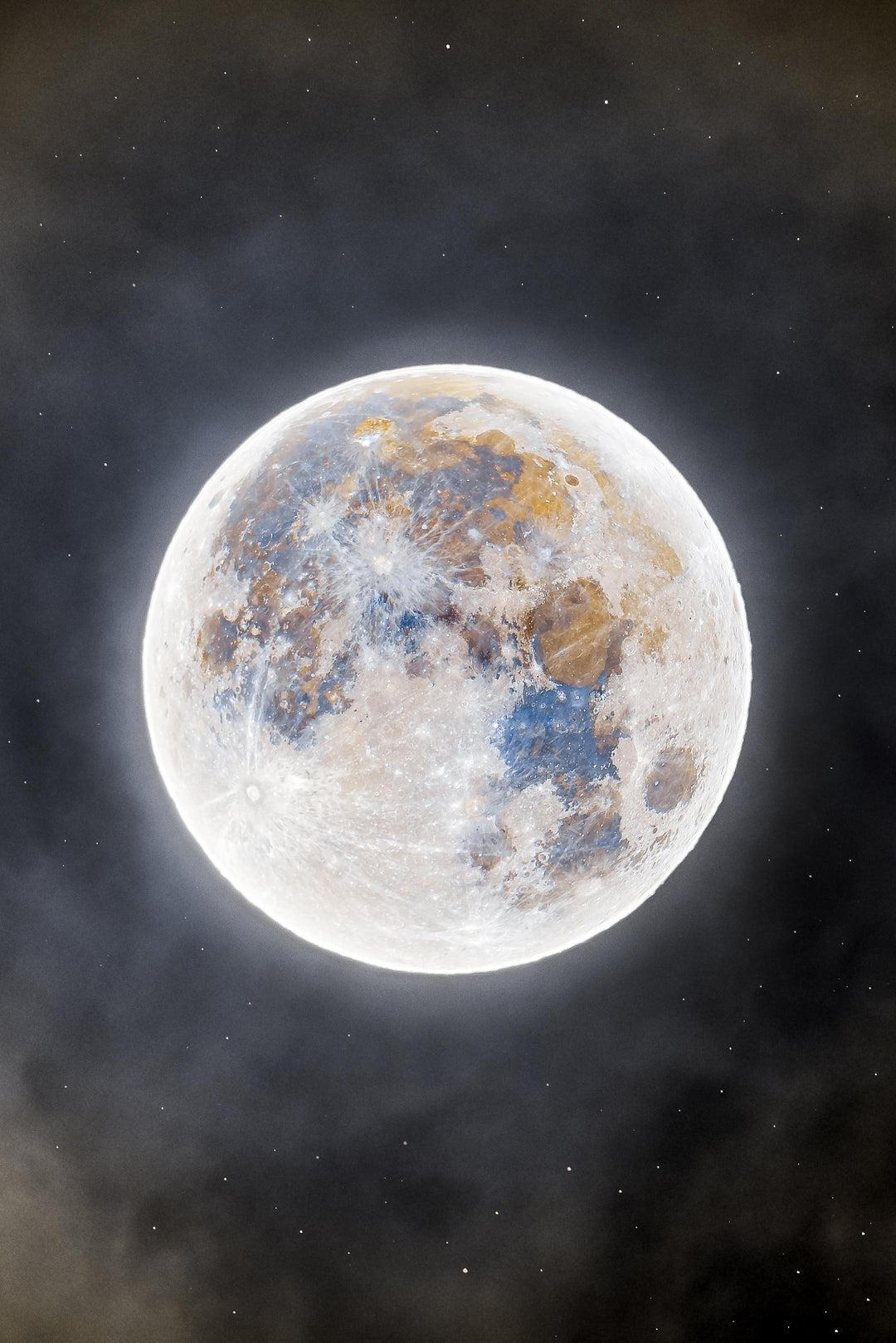I read a lot of Harlan Ellison (worked on The Outer Limits, 80’s Twilight Zone, Babylon 5), and I was wondering what people thought of this quote from him:
[S]cience fiction is the only 100% hopeful fiction. That is to say, inherent in the form is, “There will be a tomorrow”. If you read a science fiction story, it says, “This will happen tomorrow”. Now that’s very positive, that’s very pragmatic, “We’ll be here tomorrow. We may be unhappy, we may be all living like maggots, but we’ll be here.” So that means it’s 100% positive.
Ellison has even said that his short story I Have No Mouth, and I Must Scream is optimistic, because in the climax, there is still room for self-sacrifice and defiance to authority.
I guess it comes down to whether you think a bleak future is better than no future at all.
Shameless plug for my work if you like Ellison or want to learn more: https://ndhfilms.com/ellison
Fuck hopeless stories. All my homies believe in the indomitable human spirit
I had no idea emo ducks admired humanity like that. Imma try and be better for y’all, bring that good bread. Wait, is bread bad for you now? I think I saw that in my feed while doom scrolling.
Get seeds and sprouts. Emoducks love that stuff.
I guess “hopeful” means something different to me? I’ve read stories that made me think it would be better if there was no tomorrow, if it was going to be like that. I suppose the “hope” there is in the personal determination to act in the present to prevent that future.
I’m inclined toward your view on this.
I can kind of see where he’s coming from, but only if you’re weighing it against an assumed future where we’re going to die out tomorrow. That’s a low bar for hopeful, and certainly not “100% positive”.
I have a hard time seeing I Have No Mouth and I Must Scream or even worse, All Tomorrows, as “hopeful”. I’d honestly rather just die.
Plus, not all sci-fi involves humans, and not all sci-fi is in the future. There’s scifi with no humans in it, there’s scifi set in the past or in an alternate present, and none of those qualify as “hopeful by default” in the way he defines it any more than any other fiction does.
This is my one of my favorites for exactly this reason. Agreed, other than the triumph of what little humanity Ted has at the end there’s not much in the story.
But despite being a famous asshole it always seemed Ellison loved this story, right down to actually re writing a happy end to the “I have no mouth…” adventure game in the early 90s.
Speculation on my part, but I always thought for a famous pessimist he thought his warning might make a difference, which is its own kind of hopeful.
I think a lot of sci-fi is a warning, e.g. almost every distopian setting - I don’t think that’s hopeful, unless you argue that we’re sensible enough to heed said warnings.
I guess the hope in writing it is that there’s at least some people who will heed. The hope in reading it might be that you’d recognize the signs in time to work for change. Or maneuver yourself into the evil dominators group if you’re deplorable.
The entire cyberpunk genre is about corporations destroying society and the planet for profit and is near-future sci-fi. Dune is about how human nature doesn’t change, the same revolutions occurring again and again over thousands of years, with humans always being on the verge of self extinction and the only escape being to destroy civilization so hard that any conflict will always leave survivors that have had no contact with anyone else in millennia. Hitchiker’s Guide to the Galaxy presents a world where the entire universe is utter chaos, worlds can be destroyed by a clerical error, and cosmically powerful beings do random things for shits and giggles. Starship Troopers, Warhammer, and Starcraft depict humans becoming the bad guys at an interstellar scale.
So, no, sci-fi is not inherently hopeful.
I think the hope is more … meta.
Science fiction is a brand of speculative fiction- it’s fundamentally asking “what if”. The darker side of sci-fi is a warning, and the hope is we pay attention.
I don’t know if I’d say “inherently hopeful.” Sturgeon’s approach to science fiction was “ask the next question” which is sometimes not so hopeful. I do think a lot of golden age and even new wave (which Ellison defined) is very hopeful. I think genres like cyberpunk and more modern interpretations of dystopian science fiction explore less hopeful situations. You also have stuff like “The Heat Death of the Universe” by Pamela Zoline which could be evaluated from many perspectives on hope.
Okay, that Zoline story kinda broke me for about half an hour.
It’s a really powerful story and shows up a lot in SF academia. I was introduced to through Dr James Gunn’s histories.
Science fiction is about the future. Implying that we have a future at all is inherently hopeful
The only hope I see in it is the idea that humans will survive, and even a few of them will still mean well/have morals, ethics, sincerity, conscience, or any self-awareness … things that make the continuation of the species something resembling a good or even okay outcome, as opposed to an outright blight upon the universe.
The amount of suffering portrayed is of little consequence to this, as we have plenty of suffering historically and in the now. Very, very few of those suffering the worst seem to prefer not existing, outside of the affluent countries, and I don’t accept value judgements on such things from any but the first-person perspective.
That’s a good point, thank you.
Obligatory “I love Harlan Ellison.”







